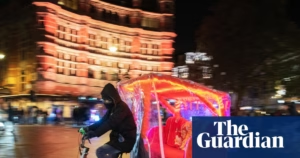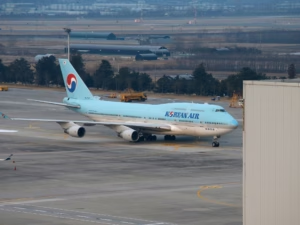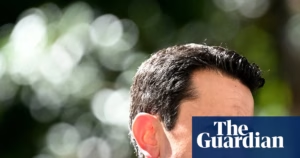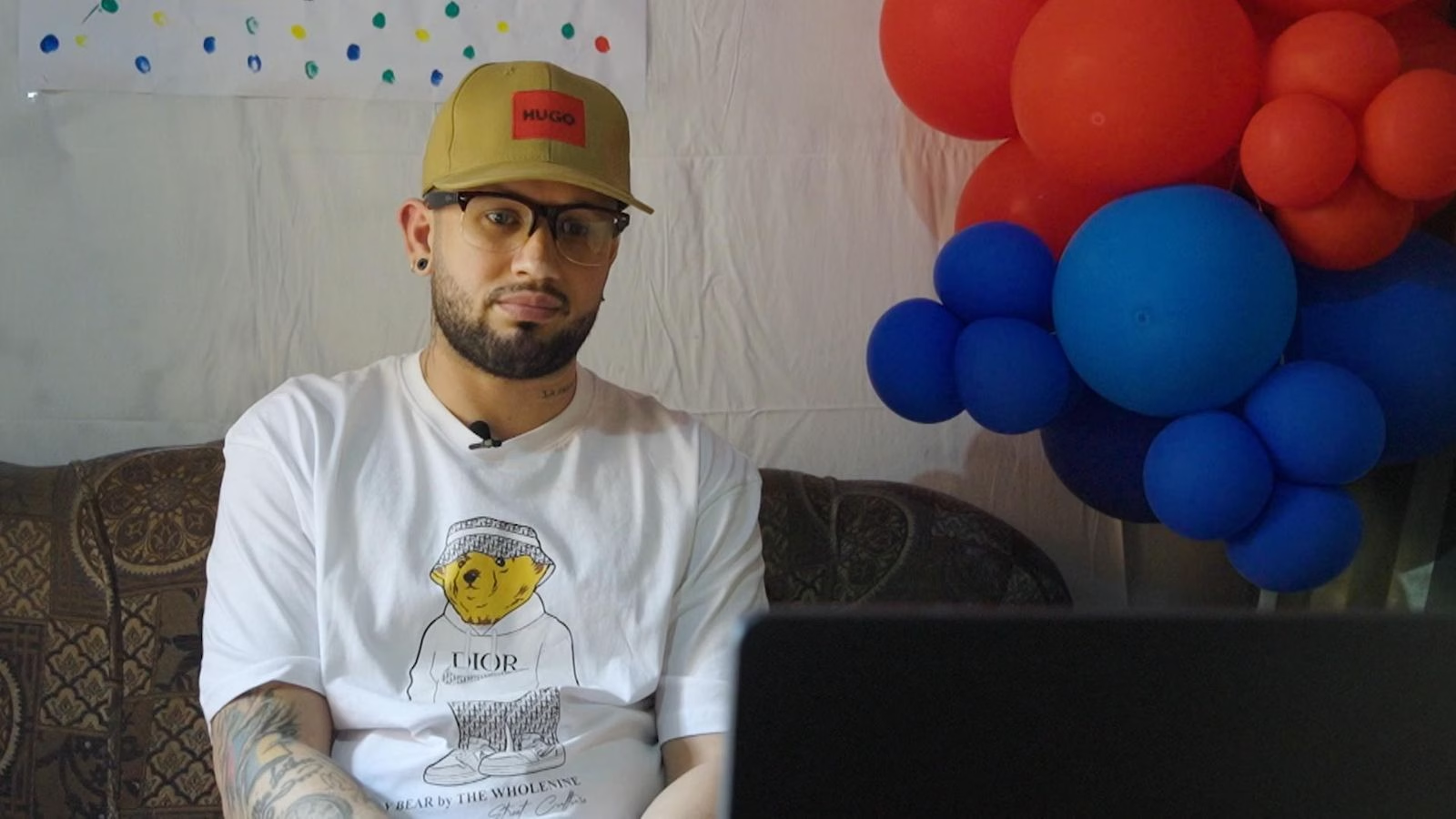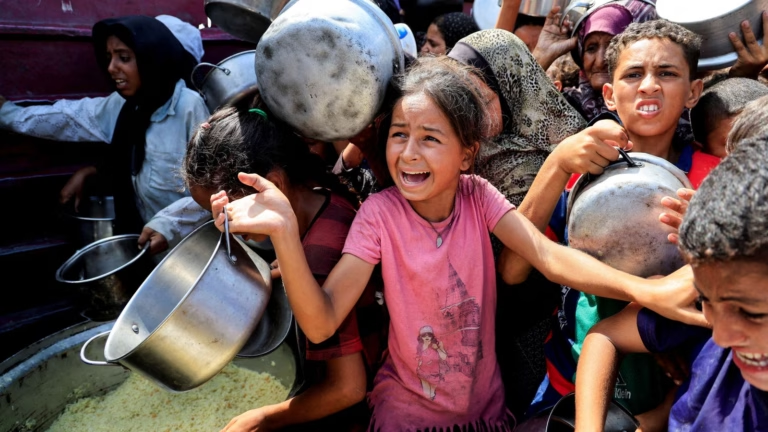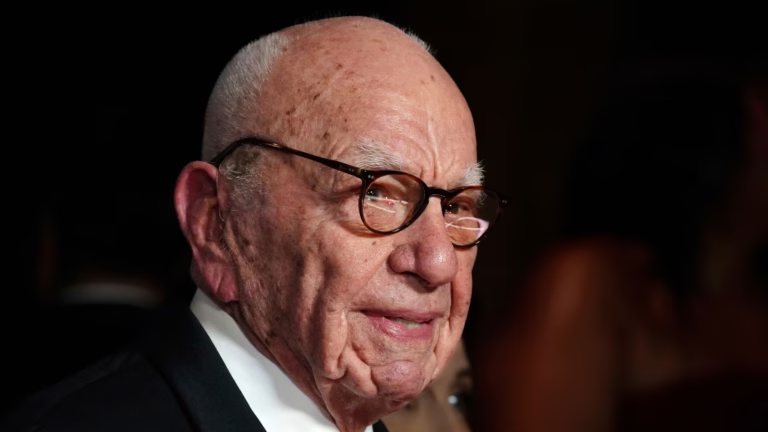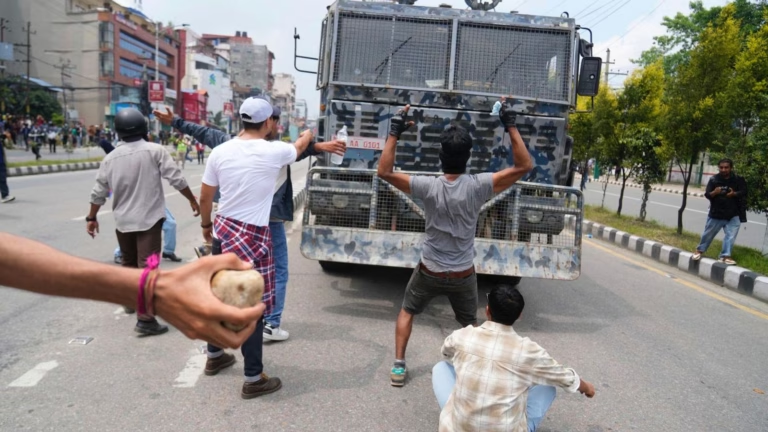Arturo Suarez sheds tears as he holds his family for the first time after prolonged separation.
His sister’s modest abode in Caracas, the capital city of Venezuela, is adorned with red, blue, and black balloons and banners to welcome him home.
Friends and neighbors fill the living room and the street outside.
He engages in video calls with other family members scattered globally. This marks the first time they’ve heard his voice since March.
“I hadn’t felt so secure for a while,” Arturo tells Sky News, “when I hugged my brothers, my uncle, my aunt, that’s when I felt that the nightmare had ended, that I had made it back home.”
Then the narrative of his endured hardships begins to unfold from him.
At 34 years of age, Arturo was among more than 250 Venezuelan men sent by the Trump administration to a high-security prison in El Salvador, despite having no criminal record in any of the four countries he has lived in.
Last week, he was released as part of a deal exchanging prisoners with 10 American citizens and permanent residents held in Venezuela.
But he remains deeply affected by the four months he endured at the CECOT prison, a terrorism confinement center in El Salvador, housed closely with the world’s most dangerous criminals.
Find more from Sky News:
‘Everyone’s on edge’: Epping braces for another hotel protest
Ozzy Osbourne dies just weeks after farewell show
“We were bullied, beaten, and suffocated physically, narratively, and psychologically.”
“We were told every day by the guards that the only way we’d leave was in a coffin. The chief of the prison greeted us after the first beating with ‘welcome to hell,'” Arturo reveals, an aspiring singer himself.
When Donald Trump won the presidency, Arturo sensed an impending crackdown on immigration, as promised in his campaign.
However, due to his compliance with legal immigration processes, Arturo never imagined he’d be caught in such a net. He was mistaken.
While filming a music video at a residence in North Carolina in March, he was detained by immigration agents and falsely accused by the White House as a gang affiliate, although little concrete evidence has been provided.
He was then airlifted to El Salvador – a country he had never visited – and placed in a high-security prison. His ordeal had just begun.
“We were packed at 19 people per cell, if we spoke loudly, we’d lose our mattresses, if we bathed more than once a day, we’d forfeit our mattresses.”
“Punishments were severe. Beating and humiliation, food deprivation were common.”
“I recall exercising when a cellmate politely asked the prison head if we might bathe twice due to physical exertion.”
“His response was ‘that’s not my problem if you exercise’. Bathing with our hands was mandatory.”
“They aimed to strip us of our humanity. The hope was to make us forsake everything.”
The Trump administration paid El Salvador millions of dollars to hold the 252 Venezuelan men, claiming they were part of the notorious Tren De Aragua gang.
Homeland Security Secretary, Kristi Noem, toured and photographed the prison in March, and Arturo saw her.
“Clearly, they staged the visit,” he says, “they had cameras. When she entered, my cellmates and I began making the ‘help’ sign, which she didn’t like at all. We screamed for ‘libertad’.”
Arturo was denied the right to contest his extradition to El Salvador and forbidden to speak with a lawyer or any relatives or friends during his incarceration.
In April, I spoke to Arturo’s brother Nelson as he pleaded for his release.
He stated that Arturo’s only offense was having tattoos, which the White House cited as evidence of gang affiliation.
On video call, Arturo shows the tattoos.”
Most of them, he says, honor his late mother. When questioned whether Arturo thinks that the Trump administration believed he was a gang member, he responds,
“I believe it was just an excuse to remove us,” he says, “we weren’t taken for tattoos or gang allegiance.”
“We were taken for being Venezuelans. Now, I want the world to know that being Venezuelan is no crime.”
When Arturo applied for asylum in the United States, he hoped to eventually unite with his wife, Nathali, and their 10-month-old daughter Nahiara, currently in Chile.
“When offered the chance to go to the United States, I wanted to go with my wife,” he says, “we found out she was pregnant, but I went ahead for the future, for my daughter’s future.”
“Unfortunately, this decision led me to one of the harshest prisons. My greatest wish is to be with my daughter and wife.”
He’s receiving support from other family members in Venezuela now, but he will never return to the U.S.
He went for a better future but instead was branded a criminal. Now, he simply wishes to clear his name.
